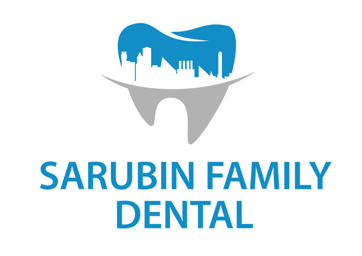If you’re familiar with the phrase “long in the tooth,” you might think gum recession only affects people later in life. But this is a myth – gum recession can start at any age. While there are some risk factors like genetics that you can’t control, there are also some easy ways to lower your risk for gum recession.
-
Don’t Overbrush Your Teeth
Brushing your teeth too hard can damage your teeth and gums, leading to gum recession and enamel erosion. To prevent overbrushing, we suggest using soft-bristled toothbrushes and flossing gently rather than forcing the floss onto the gums. One sign to watch out for: If your toothbrush bristles get bent outward within a few months, you should try brushing more gently.
-
Combat Gum Disease
Gum disease is the primary cause of gum recession because it destroys the gum tissue and bones that support your teeth. You can keep your gums healthy by following good dental hygiene, including brushing and flossing every day and seeing the dentist at least twice a year. Cutting down on can also reduce your risk of gum disease.
-
Protect Against Grinding Your Teeth
Grinding or clenching your teeth (known as bruxism) creates excessive friction between your teeth and pressure on your gum tissue. Over time, this can damage the gums and lead to gum recession. If you or your child grind your teeth, even while you sleep, talk to your dentist about a dental guard to protect your teeth.
